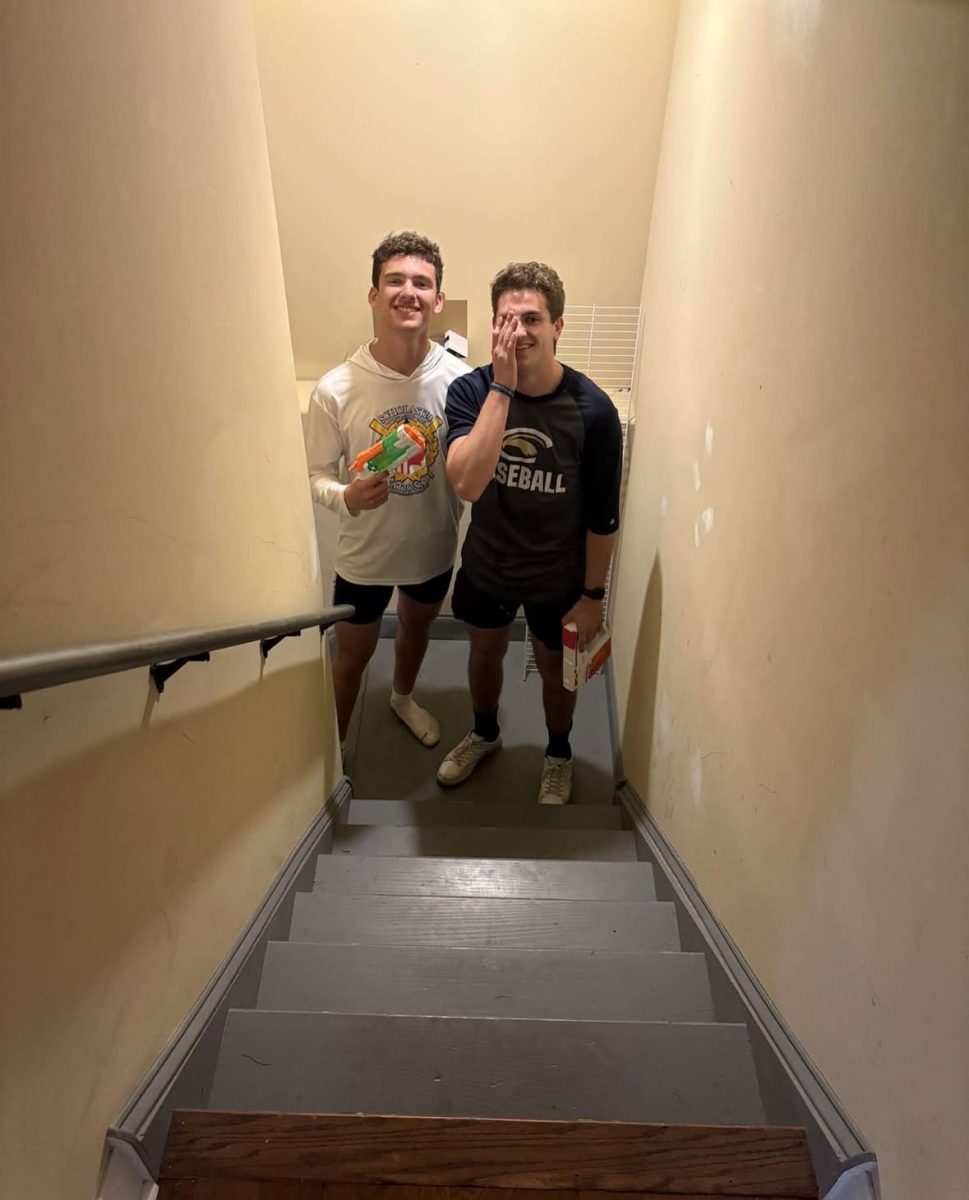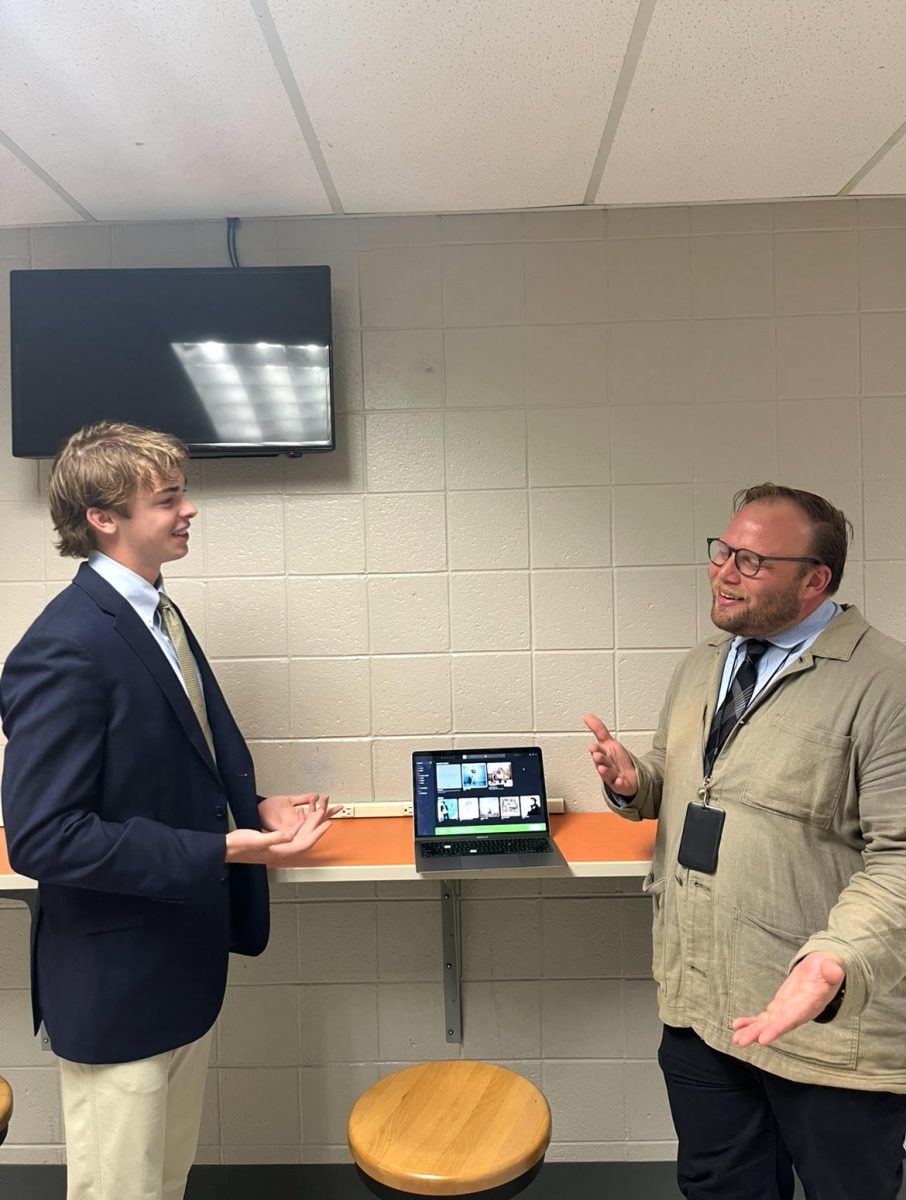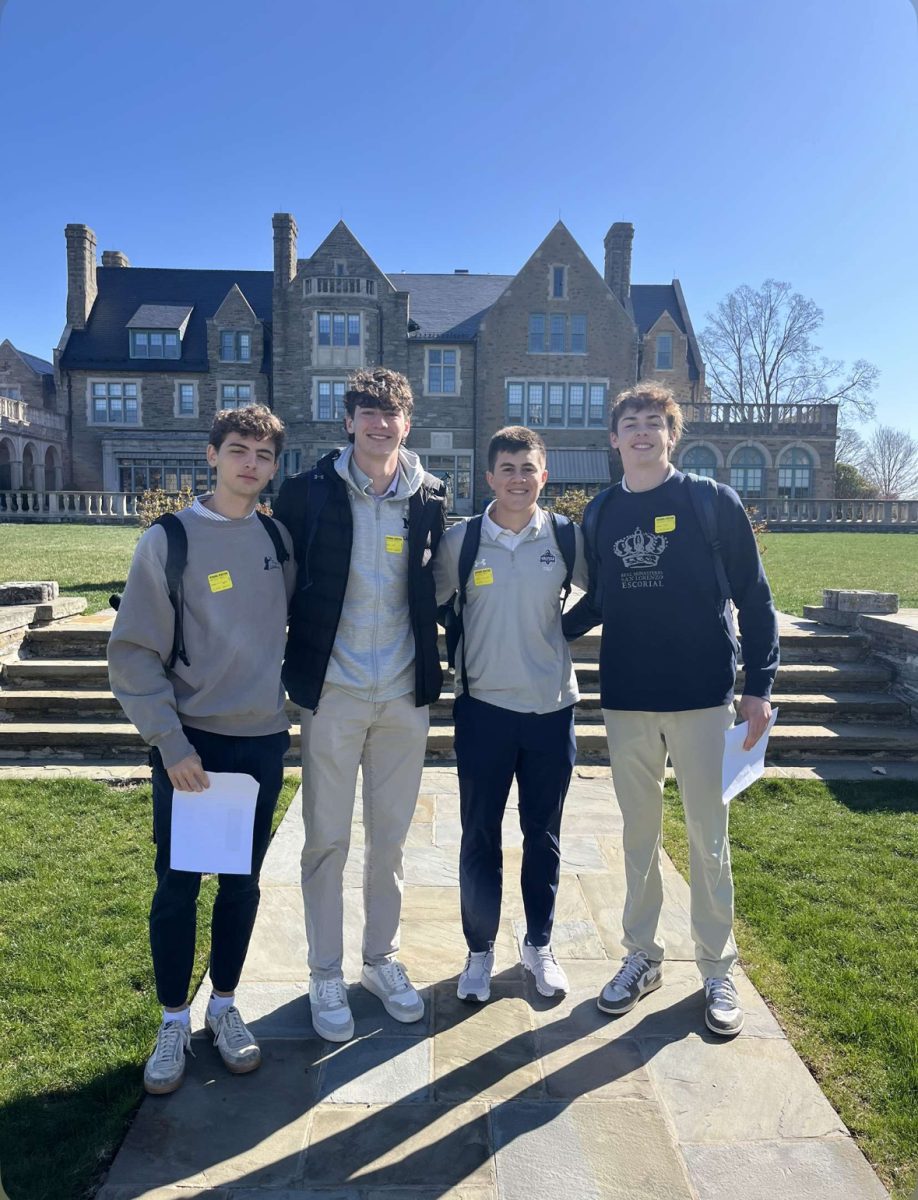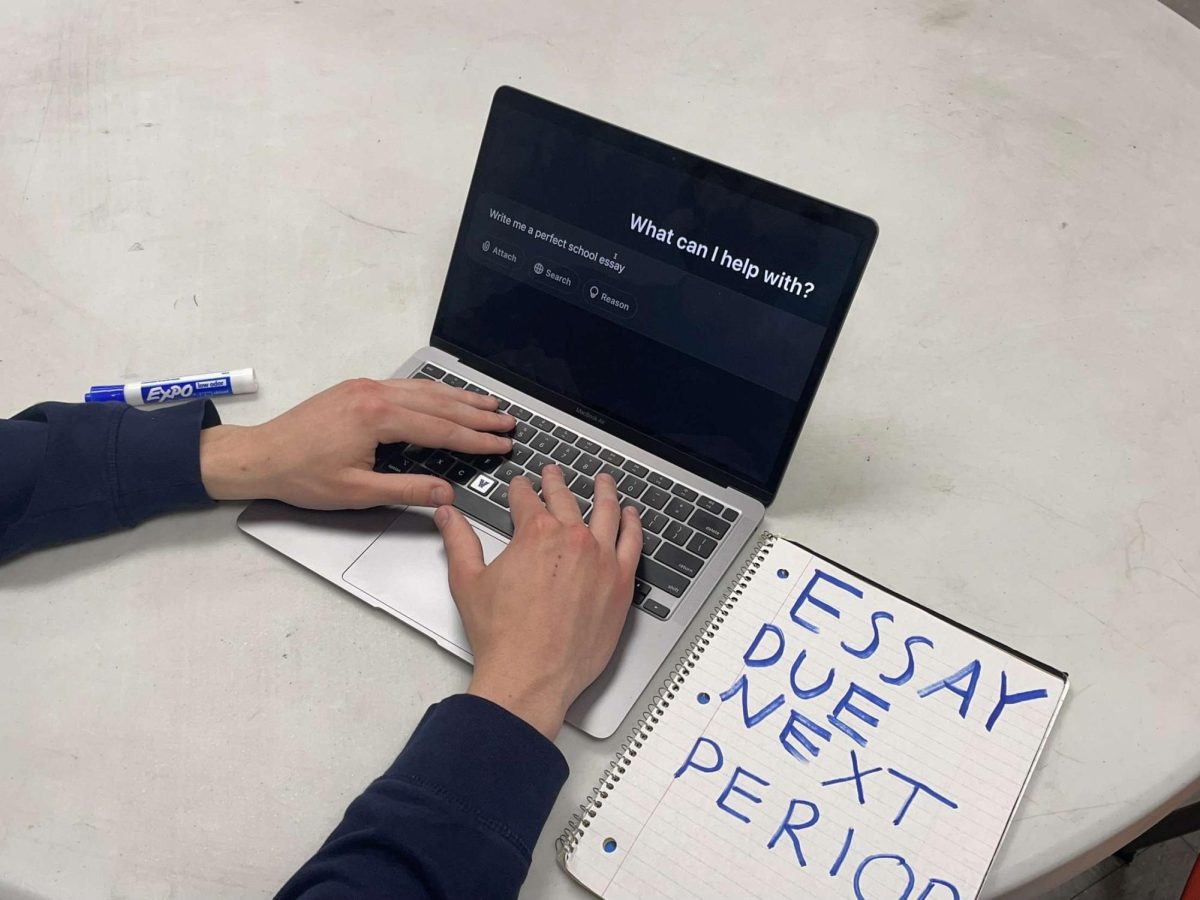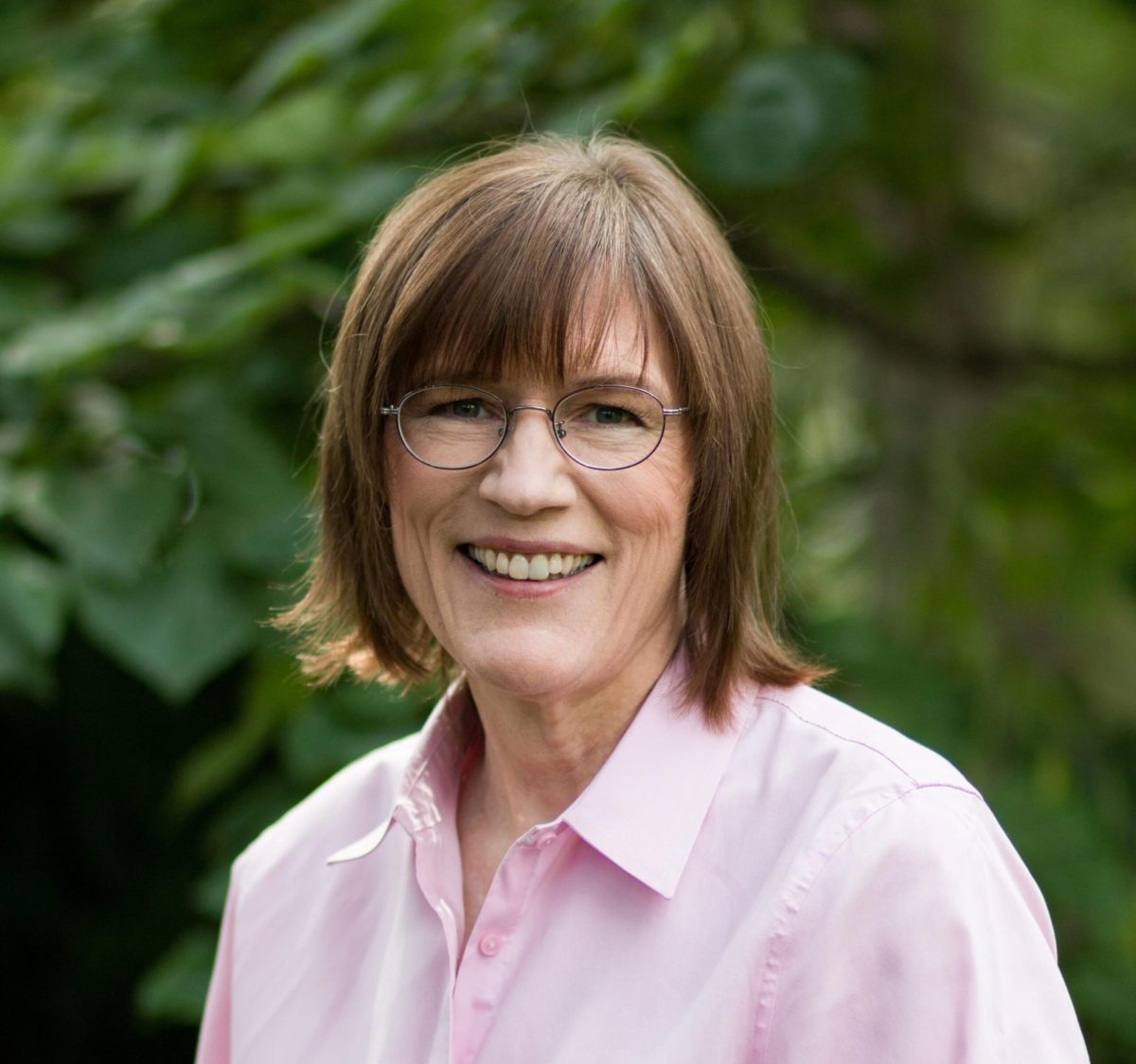This bill would call for media literacy education from K-12.
 Representative Tim Briggs (D-169) proposed a bill in the PA House that would instruct the Department of Education to increase education on media literacy in Pennsylvania public schools.
Representative Tim Briggs (D-169) proposed a bill in the PA House that would instruct the Department of Education to increase education on media literacy in Pennsylvania public schools.
The curriculum would begin in kindergarten and continue onto twelfth grade, and promote critical thinking skills, understanding how the media affects society, and recognizing bias and misinformation in news stories.
The bill was referred to the Education Committee at the end of February, but there has been little activity otherwise since then.
There is currently no meeting scheduled to discuss the bill by the Education Committee, according to Democratic Chair of the Education Committee Representative James Roebuck (D-188).
[perfectpullquote align=”right” cite=”” link=”” color=”” class=”” size=””]“Social media has allowed for more news, but we need to be able to sort through what is true and not, on both sides of the aisle.”
-Rep. Tim Briggs[/perfectpullquote]
Chair of the Education Committee Representative David Hickernell (R-98) said that they are currently considering about 75 bills referred to the committee since the beginning of the session.
Briggs said that he began thinking about proposing the bill during the 2016 Democratic primary, as his children would show him articles that were suspect.
“Children and high schoolers are getting their news in different places than we have in the past,” he said. “Social media has allowed for more news, but we need to be able to sort through what is true and not, on both sides of the aisle.”
Briggs said he has not yet met with Rep. Hickernell to discuss the bill, but plans to in the near future.
“I don’t want to push this as a part of a partisan agenda,” he said. “I’m trying to get more people to sign on as co-sponsors, but it’s a process.”
Although the bill only deals with education in public schools, Briggs said private and parochial schools in Pennsylvania may follow suit.
“A lot of things public schools do, private and parochial schools adapt and take advantage to stay competitive,” he said. “Sometimes they’re already ahead of the game in areas like this.”
English teacher Mr. Rogai helped teach Malvern’s first Journalism course last year, which taught the ins and outs of journalism and why journalism is important. He said that he felt the course didn’t have enough time to teach that and media literacy as well, however.
“I think we could’ve done more with [media literacy],” he said. “I know in speaking with Ms. Plows, a semester isn’t enough time to get through everything we wanted to teach.”
Social Studies Department Leader and AP US Government teacher Mrs. Lappas said that most Social Studies teachers try to incorporate discussions on media literacy in their courses, but says there is more that can be done.
“In light of the direction this country seems to be moving, we need a curriculum,” she said. “So I agree with Rep. Briggs in making a media literacy curriculum.”
Lappas said that her support of such a curriculum is twofold.
“With the phenomena of ‘fake news,’ it’s misleading the public on certain issues, but it’s also calling anything you disagree with ‘fake news,’” she said. “It’s not just saying we’re misleading people with these statistics, it’s further polarizing the country, and allowing anybody who doesn’t agree with what they’re reading to say it’s ‘fake news,’ so it’s really a problem.”
Rogai also said that the best route for Malvern is to offer a course specifically dealing with media literacy instead of trying to include that in the Journalism course.
One thing that Lappas said she supported about the proposed legislation is the scale of the curriculum in public schools.
“I like the fact that it’s K-12 and not just 9-12,” she said. “I think that we grew up in a trusting era, because when Walter Cronkite said ‘that’s the way it is,’ we truly believed that’s the way it was. I’m not saying we were probably a little bit naive, but the world was not as polarized as it is today.”
“If you start teaching kids from a young age critical thinking skills, how media affects society, persuasive techniques, and what media bias is, and they grow up with that lense of the world, I think that’s absolutely what we need,” she said.
Although the bill make take awhile to be signed into law or even reach the House floor for debate, Rogai said there are some strategies students could use to discern what is a reliable and objective source.
“Ask questions,” he said. “Be open-minded, and I think going back to questioning everything is a healthy attitude to have.”
Lappas said that while everyone wants increased political participation and voter turnout, it should be based in fact, and not in biased or inaccurate information.
“We want everyone to have a political opinion,” she said. “It really hurts the nation if that participation is not based in fact, but it’s based in bias.It’s really important for the country to have that on the forefront and understand that there’s such bias.”



